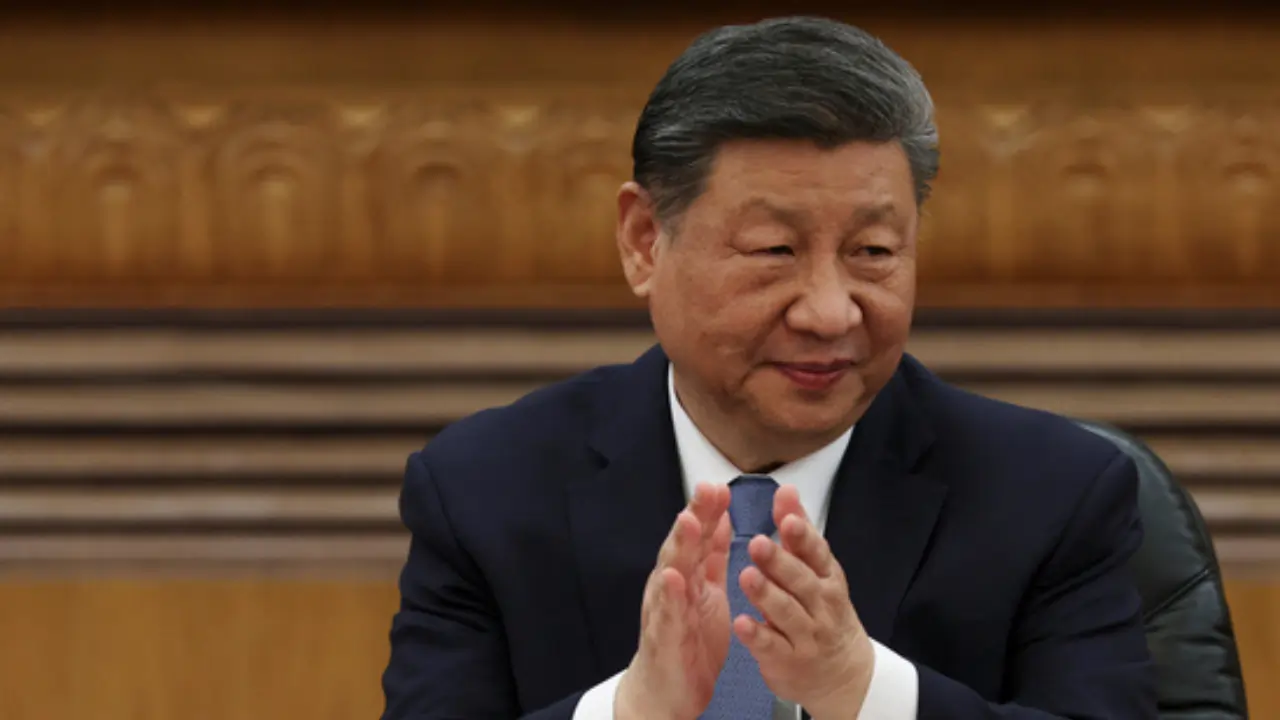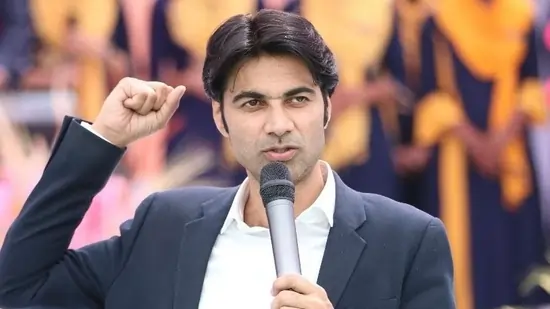Amit Malviya, the chief of the Bharatiya Janata Party’s (BJP) IT Cell, has directed criticism towards West Bengal Chief Minister Mamata Banerjee. Apparently, he claimed she is a “shame to West Bengal.”
His comments came in reaction to protests that were purportedly aimed at Banerjee during her visit to Oxford University.
Context of the Oxford Protests
Evidently, when Banerjee recently traveled to Oxford University to engage on issues of global importance, many students and activists protested. The protesters expressed some concerns regarding Banerjee’s leadership. As a matter of fact, they raised various concerns including some heavy allegations regarding human rights issues
Additionally, concerns related to the state of democracy and accountability. Specifically in regards to Bhbanerjee’s suppression of dissent. Certainly, protests can generate opportunities for serious further issues to come to light regarding Banerjee and school university context.
On the other hand, they also raise questions in a wider sense regarding Banerjee’s leadership, governance and or policies.
Response to the Claims and Critique
As a consequence of this event, Malviya used the opportunity to respond to Banerjee’s governance. Malviya will call into question the credibility of Banerjee’s responses by claiming that her purpose reflects on her leadership and governance.
While he himself serves as a representative of the BJP’s intentions and purposes. Malviya’s only purpose in critiquing Banerjee is to provide a spectrum of critiques to indicate some failures on her part.
Simultaneously, they take great pride and show little to no context in elevating these failures as they relate to their claims regarding potential human rights violations.
Recent Legislative Efforts in West Bengal
In light of increases in crimes against women and children the West Bengal Assembly recently passed the Aparajita Women and Child (West Bengal Criminal Laws Amendment) Bill, 2024.
Supposedly, the purpose of the new legislation is to enhance protections by amending existing laws and including new laws related to sexual offenses. The bill contains a provision for the death penalty for rape if the victim dies or suffers severe brain injury.
Malviya’s Issues with the Proposal
Evidently, Malviya is dubious about the bill, especially given the context. He argues the bill distracts from the civil society protests that have faced Banerjee’s regime.
Malviya further seems to take issue with some aspects of the bill. This is including a limit on reporting by the media concerning rape in judicial settings. Moreover, he also sees a lack of commitment to press freedom.
Malviya’s Critique of the ‘Ratri Saathi’ Initiative
Malviya also takes issue with “Ratri Saathi,” a scheme introduced by the West Bengal government that purported to enhance women’s safety at night.
He describes the scheme as a repressive action that limits women’s freedom to work at night and, implicitly, their liberty.
Political Responses and Consequences
The interaction between Malviya and Banerjee illustrates the increased political tensions in West Bengal. With upcoming elections in the state, these types of interactions are likely to increase. Especially with both sides looking for opportunities to point out the failures of the other.
Malviya’s comments align with the BJP’s overall strategy to take on the Trinamool Congress’s (TMC) hold on the state with issues of governance, law and order, and women’s safety. The protests at Oxford University and the ensuing political fallout illustrate the complicated situation facing Mamata Banerjee’s administration.
The new anti-rape bill, which was passed, is an attempt at addressing serious crimes. However, it was condemned by opposition leaders like Amit Malviya, which indicates that the debates over governance. Additionally, the effectiveness of policy will remain pivotal to the political scene west of the West Bengal.


